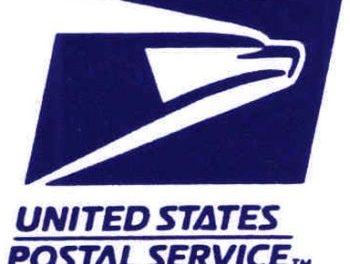
USPS could help 73m 'unbanked' people into digital economy
The US Postal Service could have an important role in helping customers who do not have a bank account or credit card to make online purchases, according to a new white paper from the Inspector General. Another in a series of papers released this year by the IG’s Risk Analysis Centre pointing to big opportunities for USPS in the digital world, it suggests the Postal Service expand its existing money transfer services into the world of digital currency.
Cash is beginning to lose its primacy as the most widely-used payment method, the paper argues, particularly with the strong growth of both Internet and mobile retail, with 30% of banked consumers in the US already using online payment services like PayPal and Google Checkout.
However, the 73m people “underserved” by banks and credit card companies in the US – including low-income families, new immigrants, the unemployed and others deemed to have a poor credit history – can be left behind, the report warned.
Opportunity
The Inspector General white paper suggested that some form of prepaid card could be a big opportunity for USPS to extend its services into the digital sphere, particularly since the current difficulties the prepaid card market faces, such as communicating with unbanked households, can be tackled by the Postal Service.
The Inspector General’s report said demand for prepaid cards is “booming”, with expectations of usage increasing to $440bn worth of transactions a year by 2017.
The Postal Service could take advantage of the trust in its brand to bridge the gaps in the current digital payment market, providing an affordable option for the underserved, it said.
Setting up a prepaid card system could also be a way to establish new wire transfer options using the latest mobile and electronic payment technologies, the paper suggested, and could be integrated into a USPS electronic mailbox and payment platform.
It could also open wider access to USPS services for people through post office kiosks and the USPS.com website, the paper added.
“Promoting the financial inclusion of the unbanked and underbanked population could be an important part of the traditional Postal Service’s mission of ‘binding the nation together'” the IG report suggested. “Embracing new payment technologies to adapt its products and services to the changing needs of these customers would be the natural evolution of its role.”
Implementation
Prepaid cards can take three forms, with stored value cards where the money is “stored” on the card itself, reloadable cards where the balance is held by the card issuer, while gift cards have money stored on the card, but cannot have funds topped up.
The IG report recommended an “open loop” reloadable card, which would have widest possible application by consumers including Internet, mobile and in-store payments.
USPS has already recognised retail opportunities for pre-paid credit cards in the form of American Express gift cards, which it has been trialling in post office branches this year.
Under current US postal law, USPS is restricted from providing non-postal services, but the IG suggested that prepaid cards could be classified as a postal service if provided as a extension of existing money transfer services, or if it is offered to federal agencies as a way to facilitate payment of pensions and benefits to unbanked citizens.
Authorities at the Postal Regulatory Commission have already approved the gift cards trial, considering the products comparable to two existing postal products, greeting cards and money orders.
The IG report pointed to the success of the PostePay card in Italy, where Poste Italien has issued six million of the reloadable cards this year, and sales of $124m were generated in 2010.
The Inspector General recommended USPS partner with one or more leading money transfer or prepaid card providers to establish the service.













